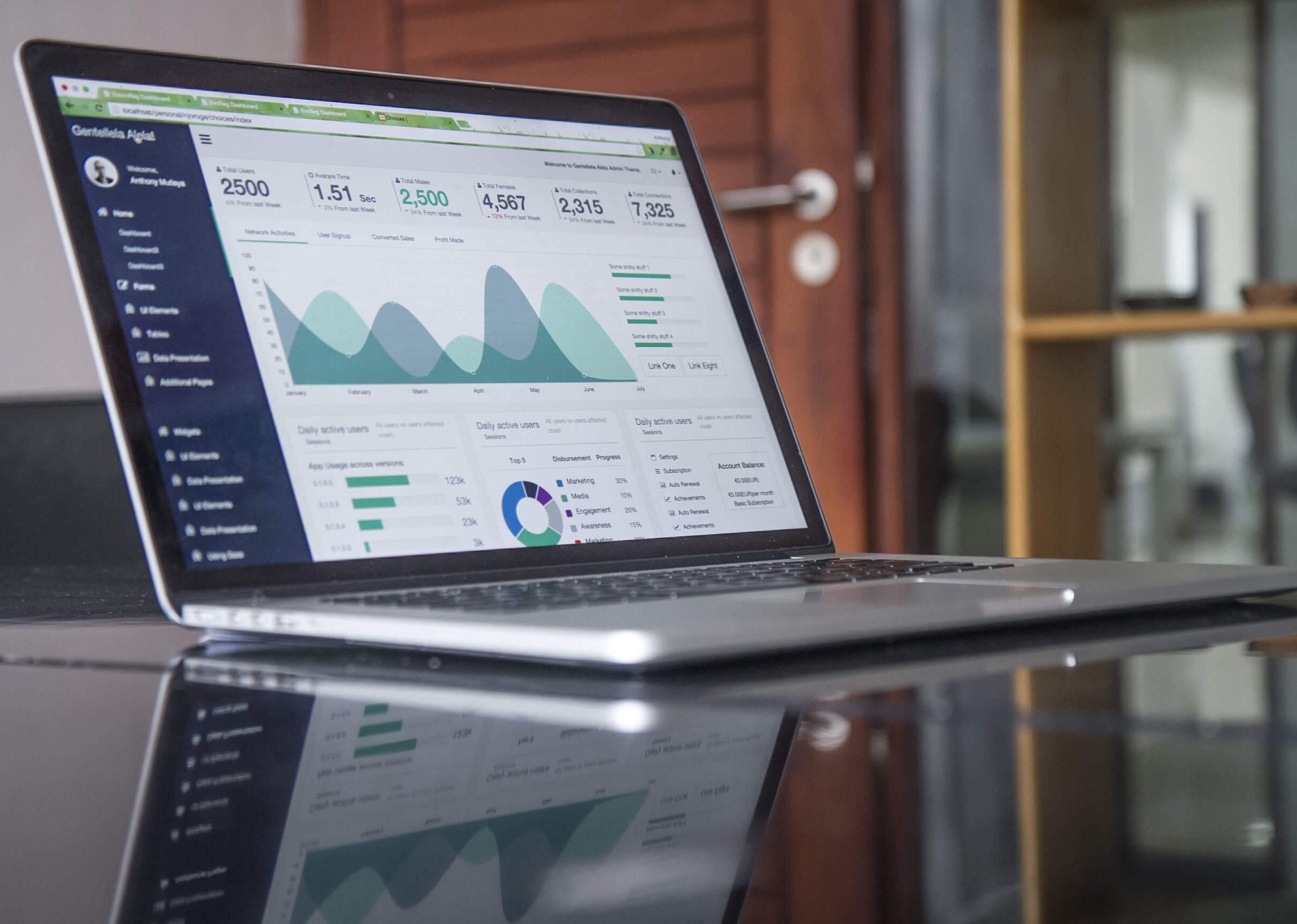4 Local SEO online marketing strategies for SMEs

If you are an SME who wants to compete with larger corporations who have access to more resources, having strong local SEO online marketing strategies is a must.
Regardless of what industry you are in, you will always find that there is a competitor who has been around longer and has invested more budget and resource into building their SEO and online marketing strategies.
In situations like this, it can feel pointless trying to compete with them in terms of SEO and online presence, however, local SEO may be the tool you need to level the playing field.
Local SEO works in slightly different ways to regular SEO. You don’t need to have a huge amount of funding at your disposal or hundreds of backlinks pointing to your site to be visible and relevant to your local audience – you just need to have an understanding of the unique characteristics of local SEO online marketing strategies and apply a few simple strategies to harness them.
In this article, we will explore four cost-effective local SEO online marketing strategies that your SME can use to give yourself a solid chance of ranking locally.
Verify your SME’s Google Plus page
The first of our four local SEO online marketing strategies is to link your Google Plus page with Google My Business. Google My Business allows you to update your SME’s information across Google Search, Google Maps, and Google Plus in one go. DOing this helps to make sure that a potential customer can find you wherever they are and whatever device that they are on.
Local searches lead to more purchases than non-local searches, and verifying your Google Plus page makes it possible for you to control the majority of the search engine results for your brand name.
You also need to know that anyone can edit your business listing, and this includes your competitors. Once you have submitted all of your details to Google My Business, it is very important to login to your My Business dashboard regularly to make sure that no one has attempted to make any unwanted changes to your business listing.
Pay-Per-Click advertising
Once you have launched your website, implementing an online marketing strategy that includes Pay-Per-Click (PPC) advertising is an important part of the road to success for your SME in the Digital Landscape.
Virtually every SME can benefit from using PPC as one of their online marketing strategies to build web presence. The idea with PPC is to identify targeted, relevant keywords, understand your target customers and develop a strategy that will drive the right sorts of leads.
If your SME sells a product or service that is difficult for customers to find locally, then a PPC campaign could be very successful for you as people often rely on internet searches to locate hard-to-find products or services.
Furthermore, many local searches with high intent to purchase take place on mobile, as consumers search for services or businesses near them while they are out and about. As PPC advertising dominates a greater portion of screen space on mobile, having paid search ads in place will give you the best chance of appearing in front of your target customers in these moments.
Once you have learned how to combine the online marketing strategies of search and social media, use PPC as the finishingtouch for your SMEs advertising strategy.
Host user-generated reviews
Google judges reviews as a major ranking factor, however, more than anything your reviews are for potential customers who see your SME on google searched. Peer-to-peer reviews are particularly powerful because they give your potential customers a true sense of what is is really like to use your services.
Search engines like content that is unique and frequently updated and user reviews are an easy way to create more of this. Content that is generated by users is usually unique to that user, therefore it is different from the generic content used by a lot of e-commerce sites, such as the manufacturer’s description.
This, with the fact that the words and phrases used by reviewers are similar or the same as those used by searchers, boosts the chances of ranking well for search queries that are relevant to your product.
If you consider that most shoppers use product reviews before making a purchase, it’s safe to assume that more and more customers will be searching for the name of your product along with words such as ‘review’.
You can help your visitors get started by simply adding a call-to-action button on your webpage to facilitate leaving a review. This will prompt visitors to leave a review after purchasing something from you.
Optimise your images
For local SEO, optimisation is not limited to just text. Due to the increasingly blended nature of search results, you can now see images on search listings. This means that is important to optimise your imagery for search engines.
Make sure your images are search engine-friendly. This all starts with the file name. There are billions of images on the web, so don’t use a generic file name. If you do, you can guarantee that it will get lost in the pile. Instead, use a description that relates to your SME’s products or services.
Due to the fact that search engines cannot read images, it is up to you to use alt tags to describe your image to make sure that it pops up during relevant queries. Write a succinct, relevant description that contains your keywords. Don’t forget to write content above and below the images on your website; again using keywords where appropriate.
Most importantly, if you want your images to rank for localised keywords, make sure that you add local keywords wherever you can for blended results optimised for a specific local area.
In short, there is no quick fix to rise to the top of search engine rankings, especially when you have competitors near to you. However, with a strategy that harnesses your geographic location, you can selectively overcome your competitors in certain key areas.
Gain the advantage by streamlining your topic and keyword focus and increasing your location-specific relevance, You might not rank for as many keywords as larger competitors, but you will be able to beat them in relevance for your chosen focal points.



